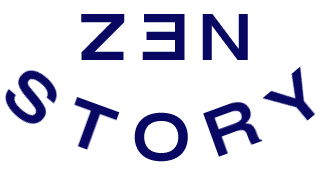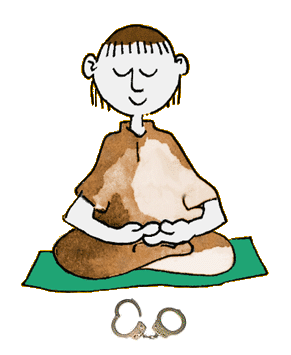
|
A monk asked Ch'an Master Chun-chi, "Who are the ones who do good?" Chun-chi answered, "Those who wear shackles and chains." The monk inquired again, "Who are the ones who do evil?" Chun-chi replied, "Those who practice Ch'an and meditate."
The monk exclaimed, "I really have inferior roots! I cannot understand your point. Could you please explain it in simpler terms?" Then Chun-chi said, "Those who are evil do not do good. Those who are good do not do evil." The monk was still confused. After a while, Master Chun-chi asked him, "Do you understand now?" The monk answered, "No." Chun-chi commented, "Those who do evil have no good intentions. Those who do good have no evil intentions. We say good and evil are like floating clouds. There is neither arising nor destruction. " Finally, the monk understood.
(Source: Hsing Yun's Ch'an Talk, Book 1) |




